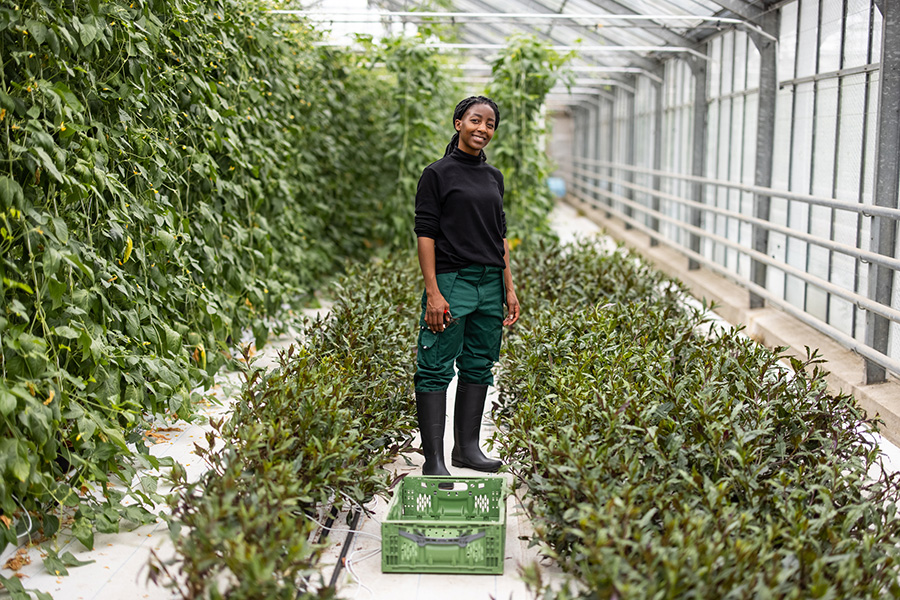One of the most extraordinary qualities of the 6,000+ environmental charities across the UK is that they are able to bridge the gap between their mission of a greener future and what they do to help make that happen; in short, what they do on a Monday.
I found this myself when I started as CEO of a green charity in 1992. The charity was the New Economics Foundation and the trustees had been just about to close the organisation when one trustee, Jakob Von Uexkull, raised funding from a network of philanthropists for three years for someone to come in and take it forward. That was a younger me.
The mission of the charity was a just and sustainable economy, which is visionary but also a tough ask of a small charity, so what was I to do on a Monday? I started by looking at all we were doing, on projects and with volunteers, to see where there was life and energy that I could work with. What emerged over time was a powerful way of working at an exciting time in which the charity developed and promoted tools that could advance a just and sustainable economy.
When I left, 11 years later, we had over 50 staff and a good reputation as an environmental think tank.

Of course, the shift to a green economy can’t be delivered by charities and social enterprises alone. It requires individual action, community action, culture change and state and multilateral action. But what charities do is to run ahead of others and show the way, testing what is possible, building constituencies of support, promoting values and challenging the powerful forces that keep us unsustainable. In his inspiring book, Blessed Unrest, the green business writer Paul Hawken talks about the million plus organisations around the world working on aspects of a sustainable future. It is an inspiring, fluid and open movement – a dose of hope.
What may be surprising is that no one group – to my knowledge – has yet focused on how to build the capacity of the green civil society, at least outside of specific sectors, such as renewable energy co-ops, which has been an inspiring success story across the European Union in recent years.
Pilotlight does capacity building. Our programmes build organisational development and support non-profit leaders to be more effective. We know it is a compelling approach with proven impact.
So, it is with real anticipation that we are partnering with the Garfield Weston Foundation to pilot a new line of support. Research by the Foundation has already demonstrated that UK environmental charities are not winning the funding support they ought to be.
Through our partnership with the Garfield Weston Foundation, we are running our ninth year of the Weston Charity Awards. This year, for the first time, we are inviting applications from charities working in the field of environmental action.
Up to 22 charities, working in the fields of environmental action, welfare, youth, and community, will win a package of support, worth approximately £22k including an unrestricted grant of £6,500 and access to the Pilotlight 360 programme.
I imagine that what emerges from this pilot, extended more widely, could help everyone to know what they can do for a sustainable future on a Monday… and what they might expect to see, individually and collectively, as a result.
